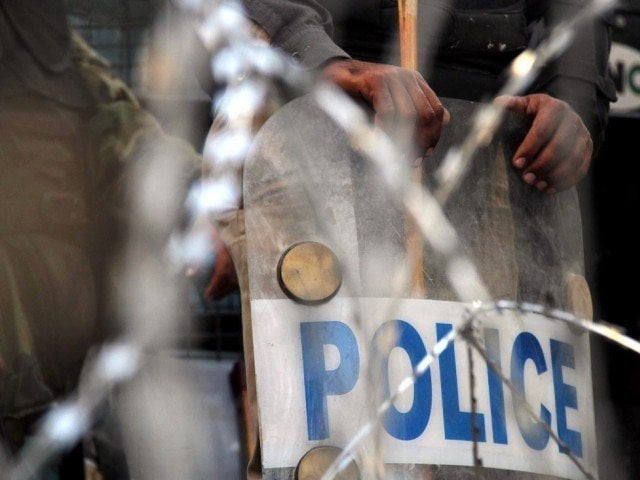Improving policing: Reform efforts need institutional backing
Several initiatives launched in past have faded away with transfer of top cops

Several initiatives launched in past have faded away with transfer of top cops. PHOTO: INP
Several inspectors general of police (IGPs) launched projects to promote community participation in police efforts to curb crime and to make police a people-friendly force but these initiatives start to fade away as soon as these officers get transferred.
Experts link unsustainability of such efforts to a lack of organisational backing and will.
“Some of the new officers want to improve police-public relations and are willing to take the initiatives. They launch a project but are transferred before it takes roots. The new officer wants to do things his way,” said Bilal Saeed, who is research and development manager at the Centre for Peace and Development Initiatives (CPDI).
He said sustainability of such efforts was a major challenge for the police force.
In recent years, two major efforts have been made by the police to promote community policing in the capital but unfortunately both diminished as soon as the command changed.
Community police centres
In 2011, then Islamabad IGP Wajid Ali Durrani took the initiative to promote community’s participation in policing.
A total of 46 community police centres (CPC) were established in different parts of the city.
A sub-inspector was made in-charge of each centre to receive public complaints and resolve them.
The project failed to take off and was abandoned and forgotten as soon as Durrani was transferred and made Sindh IGP.
Coordination committees
In 2013, the police announced to form Citizen Police Coordination Committees (CPCC) at the police station level.
The committees were set up at all police stations.
Each committee consisted of 15 residents of the area.
The CPCCs were tasked to resolve minor, non-cognizable cases of civil nature.
Though it was claimed that the committees will be assisted by the police, and will be able to check any human rights violations by police officials of the station concerned, their role more or less remained reconciliatory.
As with other initiatives, this effort too has lapsed.
“The demise had started within five months,” said Saeed, who has also authored an assessment study of community policing in the country.
He said all these were partial attempts at improving policing.
Though committees at some of the police stations are still operational, they have become less effective and do not convene regularly.
“These initiatives are person-specific. Every new IGP, instead of continuing the predecessor’s policy, wants to do things afresh,” said a police officer, who wished not to be named.
Rights activist Farzana Bari, who is a member of a citizen-police coordination committee at Kohsar Police Station, said the committee was still operative though not very active.
She said more than community policing, the committee had a reconciliatory role.
“No serious effort has been made to promote community policing in Islamabad,” Bari said.
She said the committee could only take up the cases of civil nature, which the police referred to them.
Bari said it had resolved many cases.
“Less cases are referred to the committees... There is a need to take communities into confidence. Youth should be involved. These committees need to be more representative, and also need to be trained to be able to effectively carry out their work,” the rights activist said.
A police spokesperson said the incumbent IGP, Tariq Masood Yasin, was currently focused on making the Islamabad Safe City Project (ISCP) fully functional.
Published in The Express Tribune, June 13th, 2016.



















COMMENTS
Comments are moderated and generally will be posted if they are on-topic and not abusive.
For more information, please see our Comments FAQ